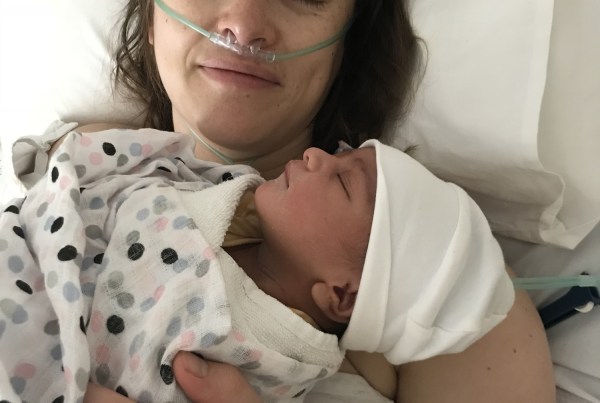Writing by Kacey Clark // photograph by Aitor Frias and Cecilia Jimenez
 I used to have such a problem with anger. Not with personally experiencing it, but with being a witness to it. I always thought anger was such an ineffective emotion–why would someone waste their time stewing in their own rage and disappointment when they could choose to get over it and move on? And while many things are truly insignificant enough to brush off our shoulder or take in stride, condemning people’s emotions, as I now know, is just another form of oppression–namely white fragility. I did not truly understand the importance and essentiality of anger, until I experienced it myself.
I used to have such a problem with anger. Not with personally experiencing it, but with being a witness to it. I always thought anger was such an ineffective emotion–why would someone waste their time stewing in their own rage and disappointment when they could choose to get over it and move on? And while many things are truly insignificant enough to brush off our shoulder or take in stride, condemning people’s emotions, as I now know, is just another form of oppression–namely white fragility. I did not truly understand the importance and essentiality of anger, until I experienced it myself.
I struggled with an eating disorder for several years, and it truly ate away at my life. I was hospitalized and nutritionally rehabilitated a few times without the necessary neural rewiring to accompany it, so I was left in a healthy-looking body with a sick-sounding mind, and desperately sought treatment in any way, shape or form. I was admitted into an inpatient program only to be turned down for coverage by my insurance for illegitimate reasons, and when I finally did find a private practice that would work with me, my doctor refused to sign the medical clearance because he said, and I quote, “You look fine. Your BMI is normal.”
What came in the months between that doctor’s visit and the month I finally took my recovery into my own hands and fought for treatment was a slow and steady progression of anger, rage, and frustration: How could someone turn me away from help because I “look fine” when I’ve been suffering from this issue for years? If I, someone with white privilege, thin privilege, and the financial resources to pay for treatment, could be turned away so easily because I don’t fit the preconceived notion of what eating disorder sufferers look like (the archetype of the white emaciated female), then how could someone darker, bigger-bodied, and less financially-equipped than me ever hope to have access to treatment? How is this pain magnified in marginalized folx? Who are these systems set up to help anyways?
This anger spurred action. This anger is why I continue to be vocal about social justice, self-care, mental health, and eating disorder recovery. This anger is why I live the way I live and say the things I say: I have experienced social forces beyond my control working against me, and I refuse to let them define my story, struggle, and worth. And it is terrible that I could not acknowledge how important and vital anger is until I myself had experienced it–talk about privilege! Many individuals live in a perpetual state of anger because the forces of the world are against them at any and every waking moment, not just when they are sitting in a doctor’s office like me. But I think it was the knowledge that I had only had but a tiny taste of what others would experience in similar circumstances but with different stigmas attached to their particular identities that made me realize how much anger there must be stored up in those whose emotions are far too often condemned. With all of my privileges it would be easy for me to sit back and say, “Calm down, things aren’t that bad,” but to do so would be violence and oppression in and of itself.
We truly do not know the magnitude of experiences we have not nor will ever feel, so we cannot label emotions as “unproductive” or “useless” merely because they do not pertain to our particular circumstances or worldview. The world is aching in so many fucked up ways right now, and while so many people simply want to brush off the pain and go forward into a future filled with hope, love, and light, it is naive to believe that we can do so without a little bit of pain to guide us. Because that pain is the pain that spurs us to write, to speak out, to learn and unlearn and do all of the hard work that comes with fighting against systems of oppression and false internalized belief systems. And all I ask of those with anyone who is white, able-bodied, straight, cis, middle class, and/or thin, is to cease the invalidation, denial, and condemnation–anger is a tool for change.
We must listen to the stories of those who speak out and believe them. We must support the emotions and experiences of those whose struggles we have the privilege of never knowing firsthand. And we must realize that our own pain and struggles are valid, too, but every struggle comes in various shades depending on our identities, privileges, and oppressions, and for marginalized folx, the struggle is that much darker, deeper, and systematic.
My heart goes out to anyone, anywhere who is hurting and in need of healing. There is so much pain in this world and whatever emotions that are arising within you right now, I hope you can embrace them and let them lead you into a brighter future. Your anger, your pain, your trauma is valid–no matter what anyone else thinks or says.






